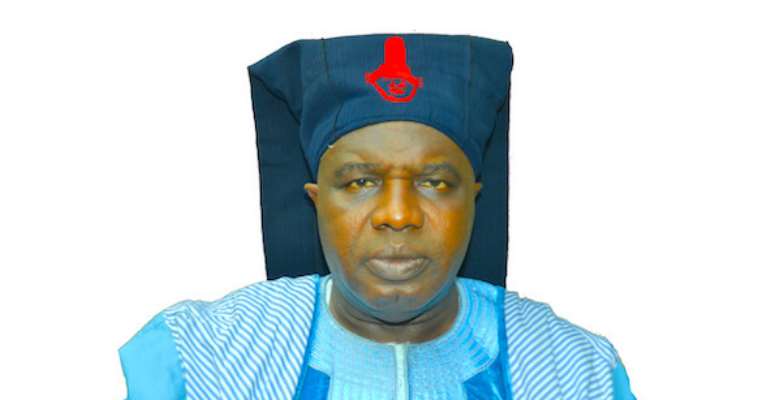Another Look at the Nigerian Situation

Jean Jacques Rousseau’s “Social Contract” defines the fundaments of a functional cohabitation of peoples of diverse interests in these words: "each of us puts his person and all his power in common under the supreme direction of the general will, and, in our corporate capacity, we receive each member as an indivisible part of the whole." This whole, this collective will,called the body politic or the state, has the responsibility of assuring the individual and collective security of the constituent members. This, according to Rousseau is the basis of the creation of a nation-state. Nigeria was not founded on these principles, and the rulers of Nigeria have never addressed or sought to bring about the emergence of a true Nigerian State before and after independence through open dialogue and a transparent engagement.
Despite the fact that different Nigerian nationalities were not consulted to certify or reject the 1914 amalgamation, it has always been assumed that the coexistence of these different nationalities over the years will bend backwards to bring about the birth of a true nation-state. This has not been the case.
Through brute force, different ethnic nationalities confined within the same geographical coordinates in what is called Nigeria, have over the years been compelled to willingly or unwillingly entrust their collective security to the supreme direction called the Republic of Nigeria with little or no guarantees that the supreme direction would ensure the security of component members. But this collective security has since independence been illusory. The ethnic nationalities that make up the country have never really felt secure. Insecurity has been the hallmark of the Nigerian State since immediate post-independence period from the political unrest of Western Nigeria, the intolerance that culminated in the civil war through what we are now witnessing in all parts of the country.
If democracy was meant to induce a “social contract” through the election process by different nationalities voting on principles, social cohesion and development, then it has roundly failed in this country. The Nigerian “democracy” is founded on ethnicity with its intrinsic characteristics to divide rather than to unite. The obsession of the political class to divide to rule on ethnic and religious basis has rendered redundant the possible attainment of a modern nation-state.
In the case of Nigeria, diversity has failed to bring about the emergence of a modern nation-state, rather, it is an albatross. Nigeria is a good case study of the impossibility of achievement of a modern and functional state by political practice. In other words, a functional nation-state cannot emerge by democratic processes unless by an initial consensus in which the peoples of diverse views and nationalities agree to the principles of existential union where the interests of each component member, irrespective of its size is taken into account. In the process of reaching this initial consensus, the vision for the union is defined and this shared vision is the glue that will hold the nation-state together. The vision of the leaders of the Nigerian State is simply existential. This existential mentality excludes the interests, well-being and security of the peoples of the union. It is founded on a vainglorious individual self-preservation and an obsessive craving to access the treasury of the commonwealth.
The absence of a national vision lies at the bottom of poor governance, disrespect for the rule of law, theft of the commonwealth, nepotism, corruption and many other ills that characterize the Nigerian society. Collective security which is the purpose of the “union” of diverse ethnic nationalities has been eroded to near nothing.
In such a dysfunctional situation, it is natural that members of the union would begin to question their continued membership in such a union that has not added any value to their lives and is incapable of performing the most basic duty of securing their lives and properties. It is a natural knee-jerk reaction, that in a way is similar to how the Nigerian union has always functioned and which probably led us into the situation in which we find ourselves now.
The question to ask is: is exit from the union the only solution to the current situation? Are there any other alternatives that may be acceptable to everyone?
Despite all the challenges, Nigerians are known to be very smart people. We need to engage this collective intelligence to come out of this existential conundrum in which our politicians have put us.
Aare Prince OSIBOTE is the President, OPC.
